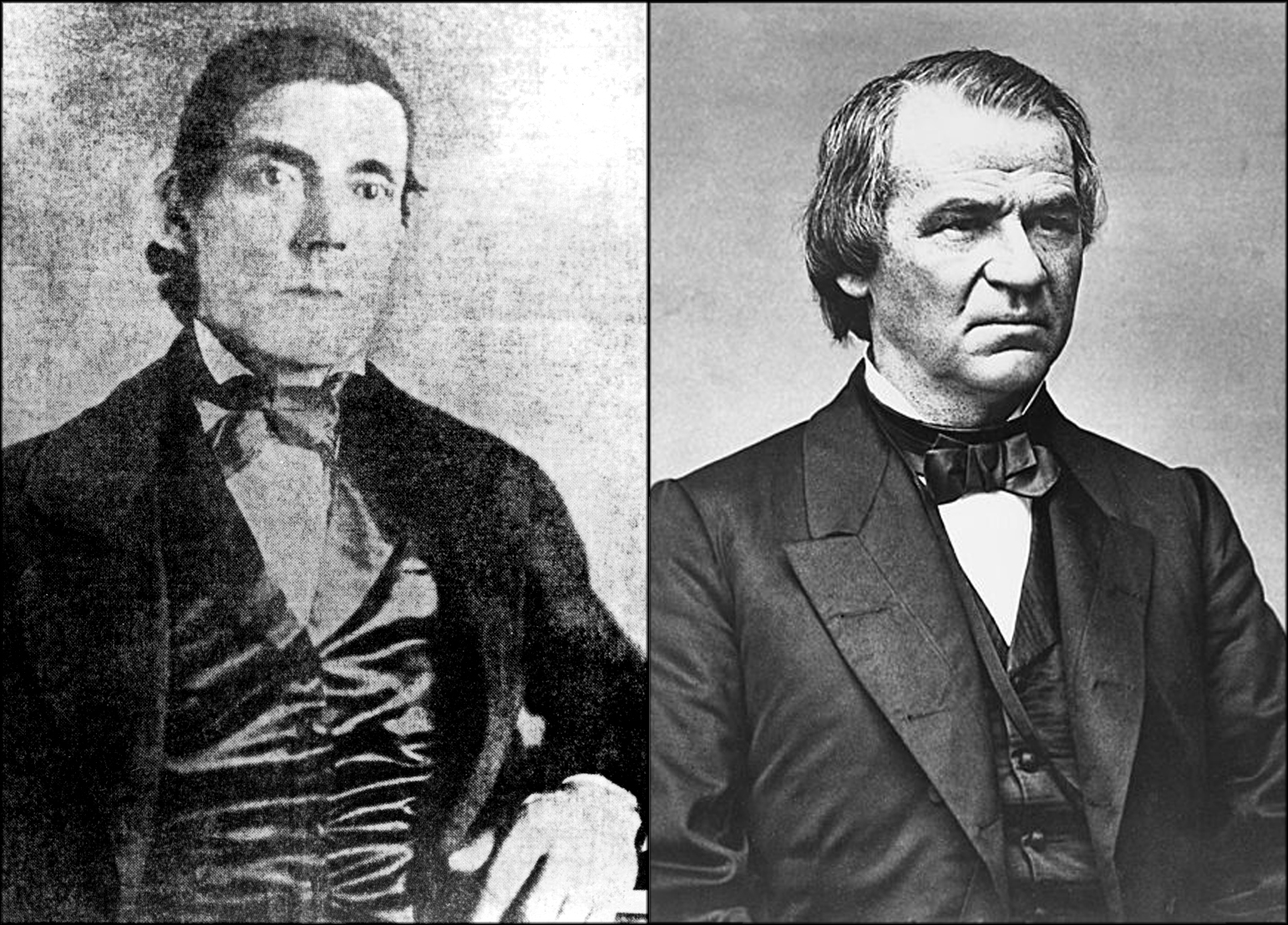On April 18, 1889, a newspaper writer for the Nashville Herald expressed his blatant opinion that his generation was certainly living in a mercenary age because everything appeared to have had a commercial value placed upon it. The choicest products of the human mind were said to be “laid upon the alter of Mammon, along with the treasures of the heart whose incense ennobled humanity.”
The journalist went on to say that the great, iron monger, Andrew Carnegie, was negotiating a slick deal with Johnson City, which meant that a significant portion of Johnson City would acquire his name. In exchange with his offer, the industrialist would, in turn, endow them with a $10,000 library.
During the economic boom of the early 1890s, everything was going “Carnegie.” An impressive hotel was built, old cow pastures were subdivided into lots that sold for as high as $1,500 and $2,000 each. Streets were renamed. The Three-Cs railroad commenced its line through this section, being built through Cash Hollow with a depot in Carnegie.
The paper erroneously made this statement: “Andrew Johnson, for whom Johnson City was named, was not universally admired. Although he had some grievous faults, he was immeasurably more worthy of having his name perpetuated by Tennesseans than that of Andrew Carnegie.”
Andrew Johnson was a better model of true American characteristics to place upon a pedestal for the emulation of the rising generation than Carnegie with all his massive affluence. In East Tennessee, where he was most idolized, to dethrone his name and debauch his fame for that of a man who had his antipode in those characteristics was what won for Andrew Johnson the name of “The Great Commoner.”

Johnson City Founder, Henry Johnson (left, photo courtesy of Betty Hylton)
President of the United States from Tennessee, Andrew Johnson
As noted by The Comet, the Nashville Herald was completely uneducated with regard to the origins of Johnson City. The modest town, for which most residents were well-informed, understood that the village was formerly referred to as “Johnson's Tank” in honor of Henry Johnson, not Andrew Johnson. It acquired the railroad name because a rail company built a water tank here.
In spite of what today would be of historic importance, the big container was still standing in the center of the town, which residents described as an eyesore, adding nothing to the beauty of the city. Henry Johnson was a farmer who owned most of the surrounding land on which the city stood and also had possession of numerous buildings close to it. The modest little town certainly had a bright future ahead of it.
Mr. Johnson was the only merchant the town had for several years. When the settlement began to grow, it was called “Johnson's Depot” but soon outgrew that simplistic nomenclature, and when it was incorporated, it acquired the name of Johnson City. Although for a brief period of time, it took on a different name, Haynesville, but before long officially became Johnson City again, a designation that would be permanent.
It is easy to see why a stranger should fall into the error of supposing that Johnson City was named for the ex-president for he was a man whom Tennesseeans loved to honor. Johnson City became the most thriving town in the state and would be a fitting monument to the former president's memory, but… Johnson City had no connection with Andrew Johnson.
The Nashville Herald concluded its perplexing comments, wondering if the city would exercise its own judgment in the matter to enter into an agreement with Mr. Carnegie. For most residents of that era, it appeared that there were far bigger things than a $10,000 library at stake.
Almost overnight, the Carnegie issue dwindled dramatically, due to an economic downturn, causing the Carnegie efforts to be literally stopped in their tracks. Construction of the proposed new city was hastily abandoned, which soon became burrows for rodents, and over time, some of them burned while others decayed and collapsed. The once ballyhooed library and Carnegie development became a folk tale in the annals of yesteryear.
When the Veterans Affairs National Home for Disabled Volunteer Soldiers opened in 1903, Walter Brownlow obtained funds from Andrew Carnegie and others to establish a library at the facility; he also started a streetcar line to transport veterans and visitors from the branch to Johnson City.

Comments are closed.